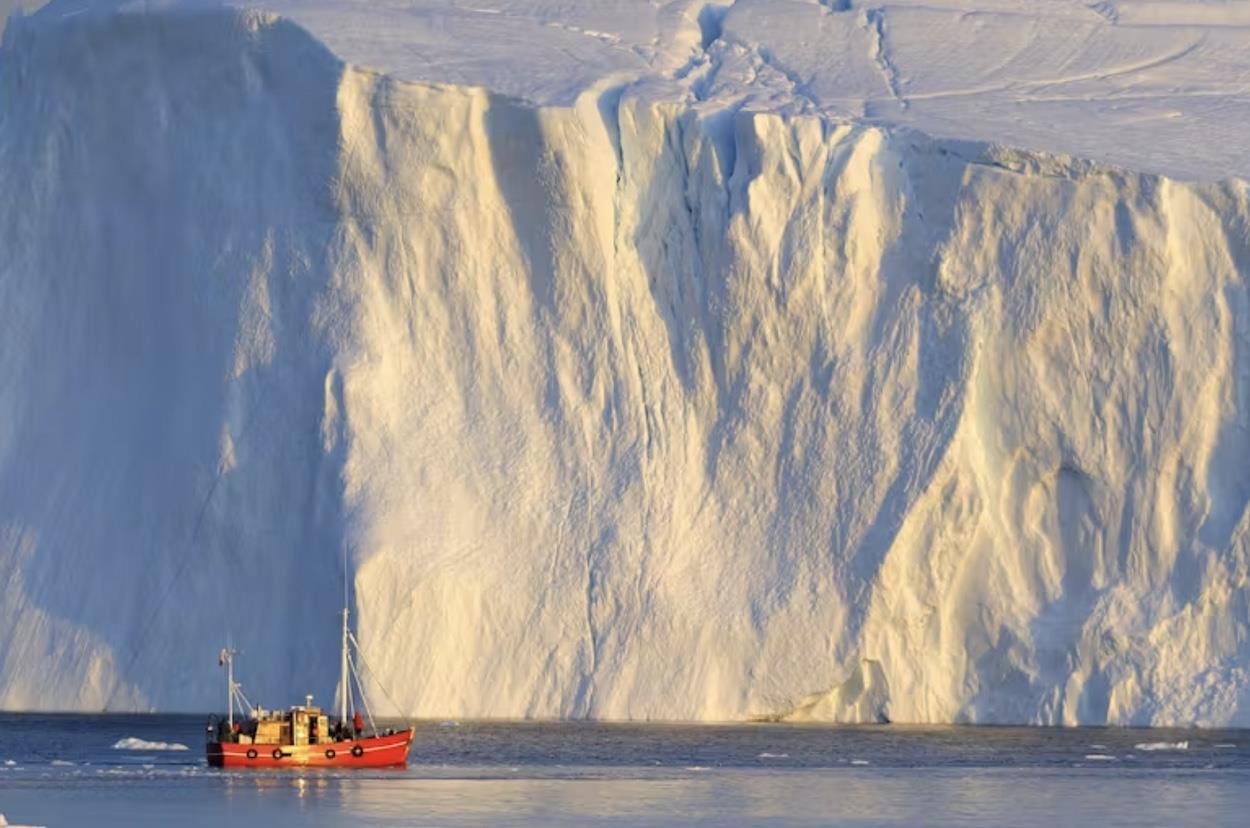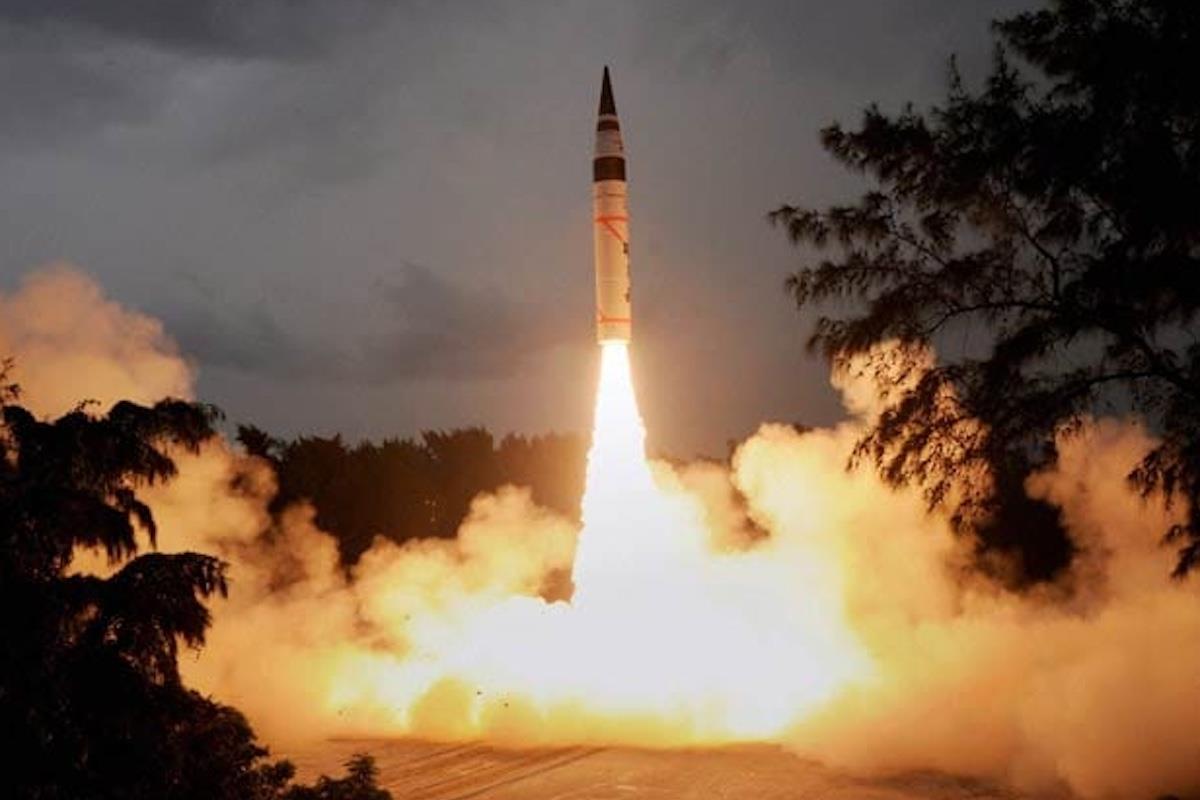
Arctic Route Could Undercut ASEAN's Trade Role
Instead of following the 21,000-kilometer Suez Canal passage, the vessel traveled“over the top of the world” along Russia's northern coast, escorted by icebreakers. What was once an impenetrable frozen wilderness is fast becoming a navigable artery of global commerce.
At around 14,000 kilometers, this northern passage is 7,000 kilometers shorter than the Suez route for China. The shorter distance is slashing costs, saving time and reconfiguring trade routes. Those savings represent both a logistical triumph and a geopolitical shock.
China and Russia have spent years preparing for this moment, investing in scientific research to monitor ice levels and building the icebreaking capacity to keep the route viable. The Arctic, once viewed as the last frontier, is now visibly transforming into a key highway for Eurasian connectivity.
That's an unsettling new reality from Washington's perspective. The United States has long equated global influence with control over sea lanes and maritime chokepoints-from the Panama Canal to the Strait of Malacca. A new Arctic route will inevitably diminish that leverage on the open seas.

Legal Disclaimer:
MENAFN provides the
information “as is” without warranty of any kind. We do not accept
any responsibility or liability for the accuracy, content, images,
videos, licenses, completeness, legality, or reliability of the information
contained in this article. If you have any complaints or copyright
issues related to this article, kindly contact the provider above.





















Comments
No comment